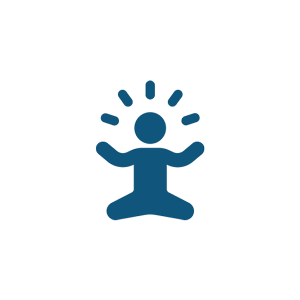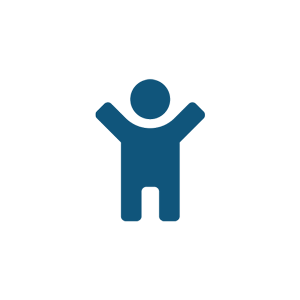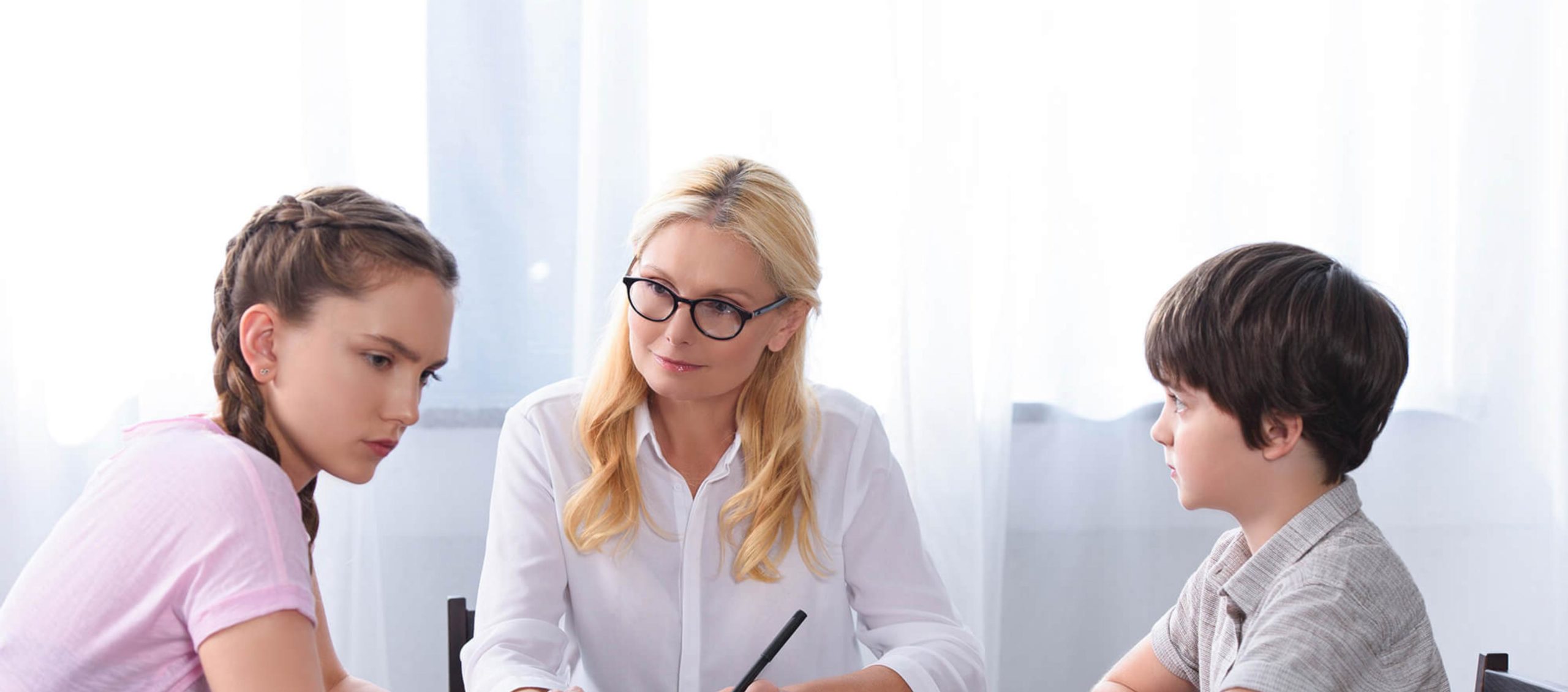Williamson County Mental Health
Mental Health Services
Providing Comprehensive Support and Resources to Foster Mental Well-being in Williamson County and Beyond

Mental Illness
Delivering comprehensive mental health services and support for individuals coping with mental illness to promote healing and resilience.
More info
Substance Abuse
Offering support and resources for individuals struggling with substance abuse to achieve recovery and wellness.
More info
Developmental Disabilities
Providing specialized care and assistance for individuals with developmental disabilities to enhance their quality of life and independence.
More infoOur Providers
Our Collaborative Efforts with Leading Community Professionals Ensure You Receive the Support and Services Tailored to Your Needs

News
Updates for Williamson County Mental Health

- September 19, 2024
- admin
708-2024-Application
Empowering Mental Wellness
Williamson County 708 Mental Health Board Leads the Charge for Community Support and Advocacy. We are working to end the stigma of mental health issues in our region.
Suicide & Crisis Lifeline
Free and confidential support for people in distress, 24/7.
National Helpline
Treatment referral and information, 24/7.





FAQ’s
Challenges or problems with your mental health can arise from psychological, biological, and social, issues, as well as life events. Examples of these challenges include childhood abuse, trauma, neglect, isolation or loneliness, and experiencing racism, disadvantage, poverty, or debt.
If someone is in danger of hurting themselves or someone else, call 911 immediately or go to the nearest emergency room. If you’re experiencing a mental health crisis and need support now, call or text 988 to reach the 988 Suicide & Crisis Lifeline. The 988 number connects callers to trained crisis counselors.
Different kinds of therapy are more effective based on the nature of the mental health condition and/or symptoms and the person who has them (for example, children will benefit from a therapist who specializes in children’s mental health). In some cases, a combination of treatments can help.
Mental health conditions are often treated with evidence-based solutions, including medication, therapy, or a combination of the two. Other types of treatment include Complementary & Alternative Treatments, self-help plans, and peer support.
There are many types of mental health professionals. Finding the right one for you may require some research. Examples of mental health professionals include psychologists, counselors, therapists, social workers, psychiatrists, and primary care physicians.
Peer support is a helpful tool that can aid in recovery. There are a variety of organizations that offer support groups for consumers, their family members, and friends. Some support groups are peer-led, while others may be led by a mental health professional.
If you or someone you know is in crisis, inpatient care can help. Inpatient care can help people stabilize on new medications, adjust to new symptoms, or get the help they need.
An addiction treatment program provides the necessary support for those seeking to end an addiction. There are a wide variety of treatment programs available, ranging from a hospital-level care facility to residential treatment programs.
Contact Info
Not finding what you’re looking for? Reach out today and someone from our team would be happy to help.

Location
